Egypt’s plummeting currency is sending shockwaves around the nation. Food scarcity is rising, tourism is yet to recover to pre-COVID levels, and with their $ 58 billion investment in the new capital city international investors are ready to throw in the towel. However, amidst this economic quagmire, the UAE has stepped in to offer a lifeline to the Egyptians. There are 2 new cities in Egypt under construction ie the New Administrative Capital and now the Ras-Al-Hikmah.
The UAE and its intervention
In late February, Cairo signed a landmark deal with the Emiratis. The deal aimed to construct a new city on the country’s northwestern shoreline. Some $35 billion will be poured into the project which represents the single largest foreign direct investment in Egypt’s history. Many view this project as Egypt’s very own Dubai in the making, made by the very same people who transformed Dubai into a global economic powerhouse.
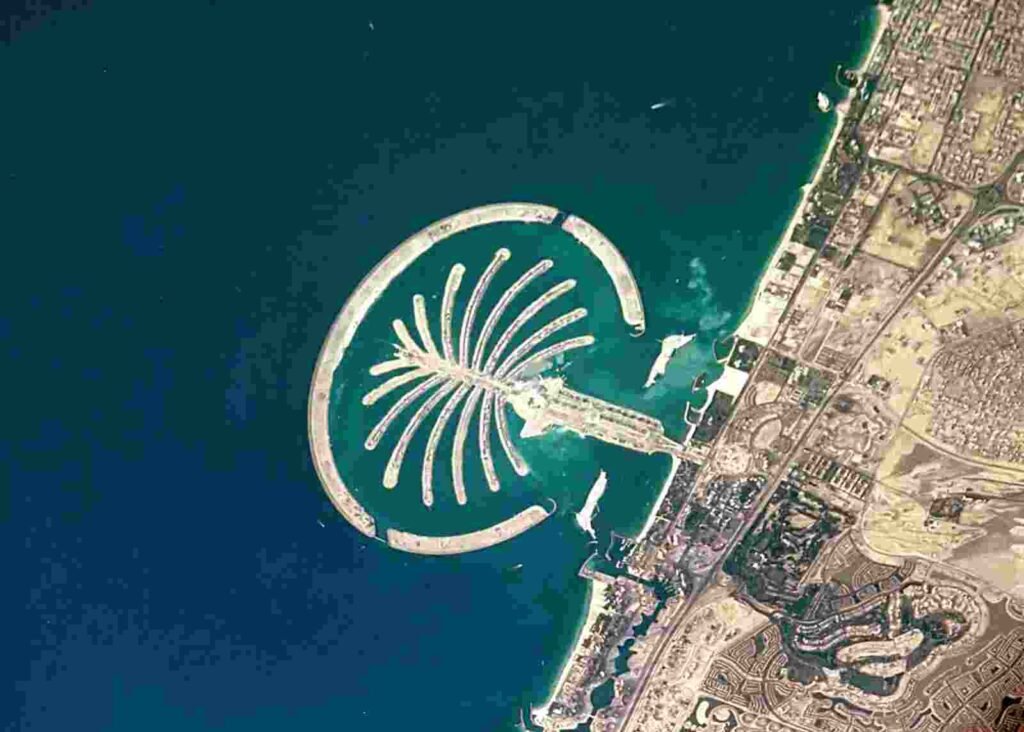
The Abu Dhabi Developmental Holding Company is the consortium responsible for funding the project. The company promises that the new city will have all the hallmarks of modern urban life. This includes housing, hotels, schools, entertainment venues, an industrial zone, a port and all public services imaginable. The entire project is slated to be completed over a period of 20 years. The new city will span over 170 square kilometers which is nearly a fifth of the size of Abu Dhabi. Construction could begin as early as 2025 according to officials.
Critics argue that by signing off on the deal, Egypt will trade over part of its sovereignty to the UAE. They argue that the deal effectively turns the new city into an Emirati possession from which Egypt can benefit little. Since the UAE helped President Sisi’s rise to power and funneled billions into Egypt to solidify the alliance, Abu Dhabi has emerged as the senior partner in its relationship with Cairo. Egyptians are right to be skeptical about the long-term implications of this deal.
Egypt and its economy
Egypt’s economy is in a dire situation. The country is practically bankrupt, and finding a middle ground is necessary. The art of compromise is to divide the cake in such a way that everyone thinks they got the biggest piece. The Emiratis are taking note of this quote and acting accordingly.
Money doesn’t come out of thin air but that hasn’t stopped Egyptian lawmakers from banking on a windfall. Egypt has begun construction on a settlement on the arid Northwestern coast of Egypt. The city is 140 km away from any major population centers and has few natural resources. This makes little sense but then again countries don’t always need physical resources to generate Prosperity. Singapore and Israel are examples of resource poor regions that transformed into high income economies. In 2014 when el-Sisi came to the presidency, Egypt seemed to be on this road map too.
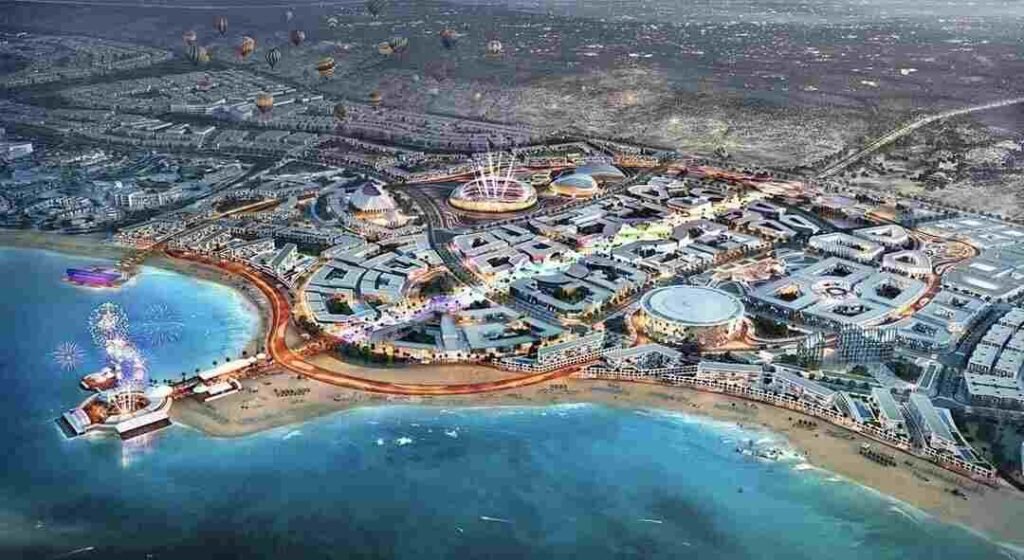
However, the government later dug itself into a debt crisis. The Egyptian pound nosedived, inflation surged, and foreign currency reserves dried up. Since coming to power, el-Sisi has ran Egyptian economy aground. He came up with the brilliant idea to pour tens of billions of dollars into infrastructure projects that frequently went over budget. Not surprisingly Cairo has dug itself into an even deeper grave since he came to power. President el-Sisi’s administration has quadrupled Egypt’s foreign debt to $164 billion since he took office. Debt servicing now accounts for most of the government’s annual expenditures, with $32.8 billion due in external debt repayments in 2024 alone.
The UAE Deal
Desperate for cash, Egypt has signed a deal with the UAE to develop a prime stretch of land on it’s Mediterranean Coast known as Ras Al-Hekma. The UAE will pour $35 billion into the indebted Egyptian economy with $11 billion in loans that will be converted into grants. This means that in reality, th eactual amount of Emirati investments sit at nearly $24 billion. The Ras Al-Hekma could attract as much as $150 billion in investments, according to Egyptian lawmakers. This all sounds good on paper but not all Egyptians are buying it. In 2016, Egypt ceded two Red Sea islands to Saudi Arabia and they can’t help but draw comparisons. Now, some Egyptians fear the UAE is encroaching on their land and sovereignty.
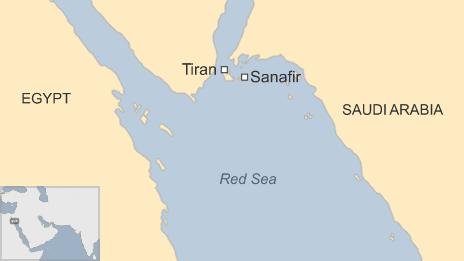
Egypt and its interests
Officials in Cairo say that they have been promised 35% of the profits from the venture. This will be a breath of fresh air for the Egyptians who are already dealing with a massive economic mess. Egypt offers few opportunities for monetary growth and its capital is overcrowded, inefficient and in Decay. Tearing up pieces of Cairo to implement new infrastructure would be more expensive than simply building new cities elsewhere. Like its sister project the new administrative Capital, Ras-al-Hekma aspires to manage the population and economic explosion of Egypt.
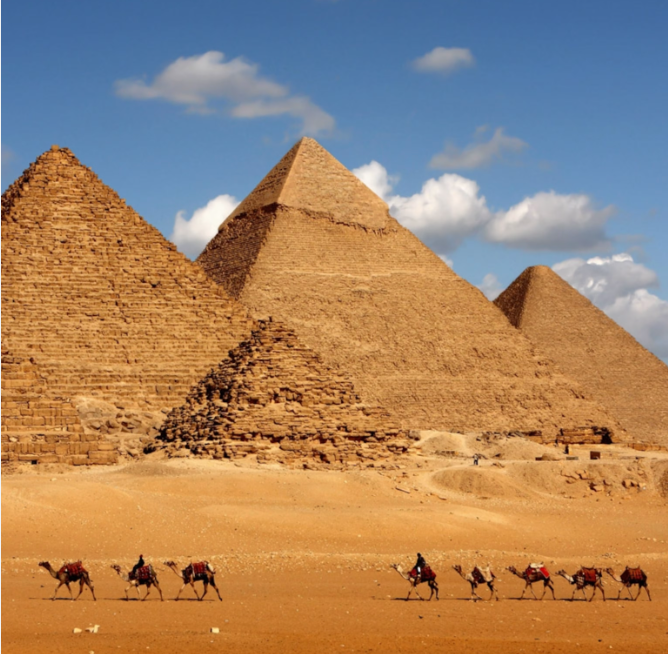
UAE and its interests
UAE on the other hand wants a naval base in the Mediterranean Sea and Ras-Al-Hekma could be the perfect place. The city sits astride the world’s major chokepoints ie Suez canal and Ban el Mandeb. The city is also close to Libya where Emirati support for General Haftar is essential for Emirtai influence in Maghreb and the Levant. Even more so, by constructing a city on the Mediterranean coast, the UAE is also competing with Saudi NEOM as well. Moreover, Egypt’s new discovered oil reserves in the Mediterranean are also attracting UAE’s interest.
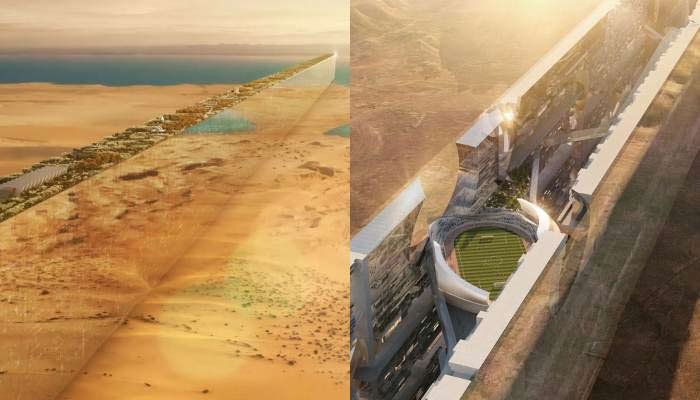
The city is also disconnected from the rest of Egypt due to lack of infrastructure which plays into Emirati aspirations to convert the city into a separate political entity from the rest of Egypt. Egyptian bureaucracy is one of the main reasons why the country is unable to attract large foreign investments. UAE is also looking for a post oil future and Ras-Al-Hekma seems like a good investment.
Conclusion
Egypt’s economic turmoil has opened the door for significant foreign intervention. The UAE’s investment in Ras Al-Hekma offers a potential lifeline, but it also raises concerns about sovereignty and political autonomy. While the project promises economic benefits, it also highlights the complex geopolitical dynamics in the region. The success of Ras Al-Hekma will depend on Egypt’s ability to navigate these challenges and leverage the investment for long-term growth.



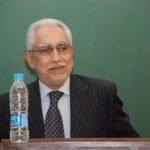






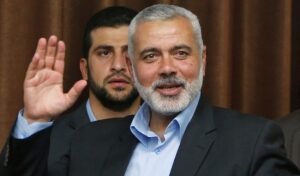

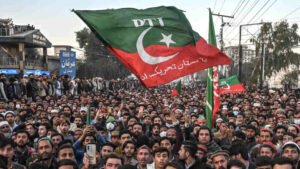

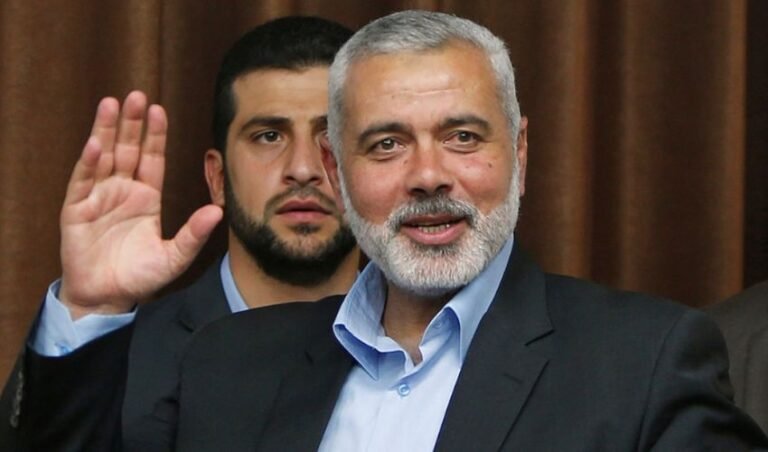
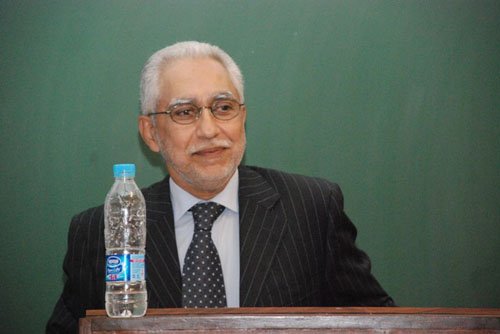
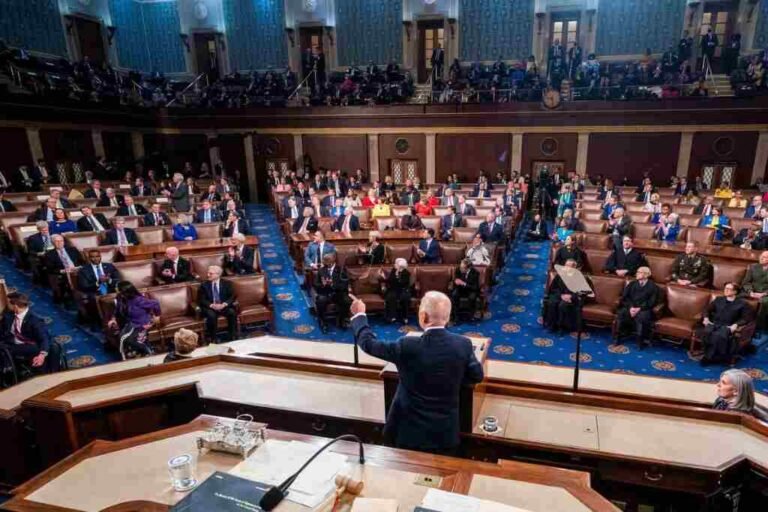
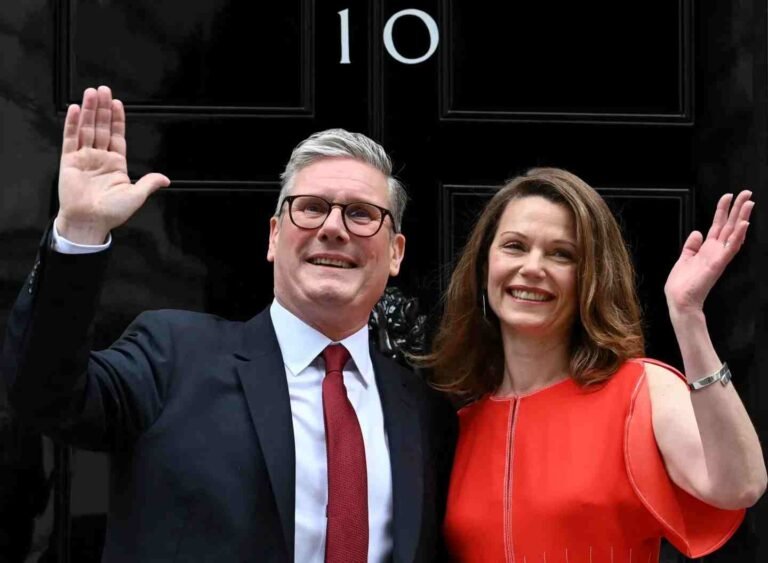
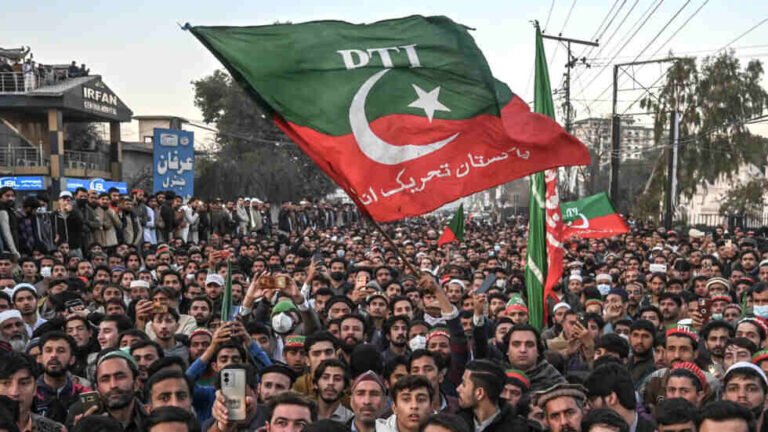
+ There are no comments
Add yours